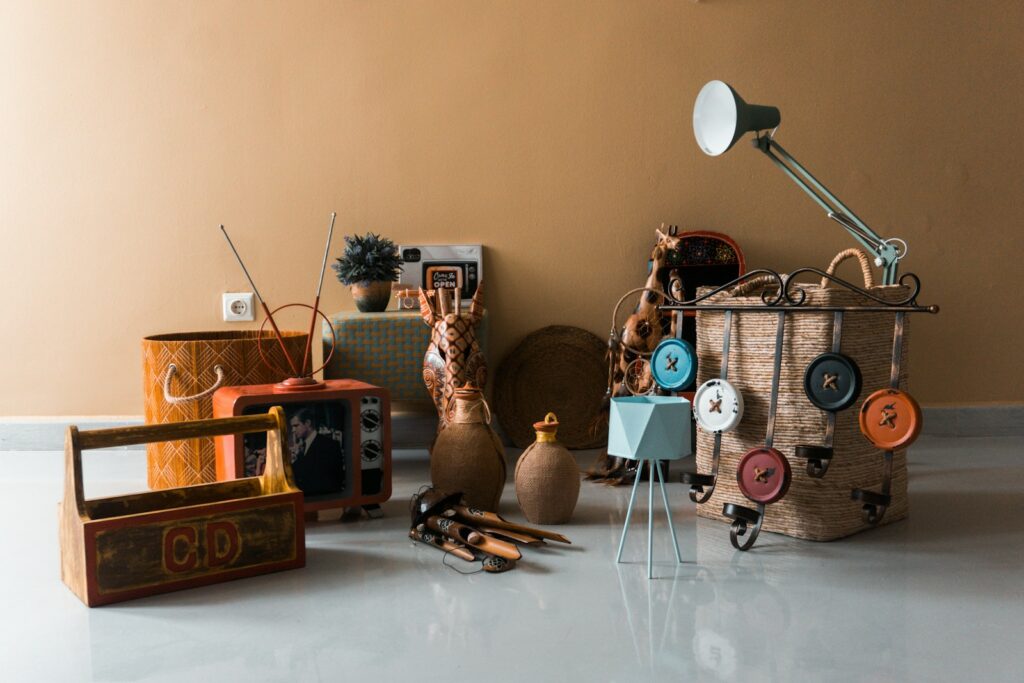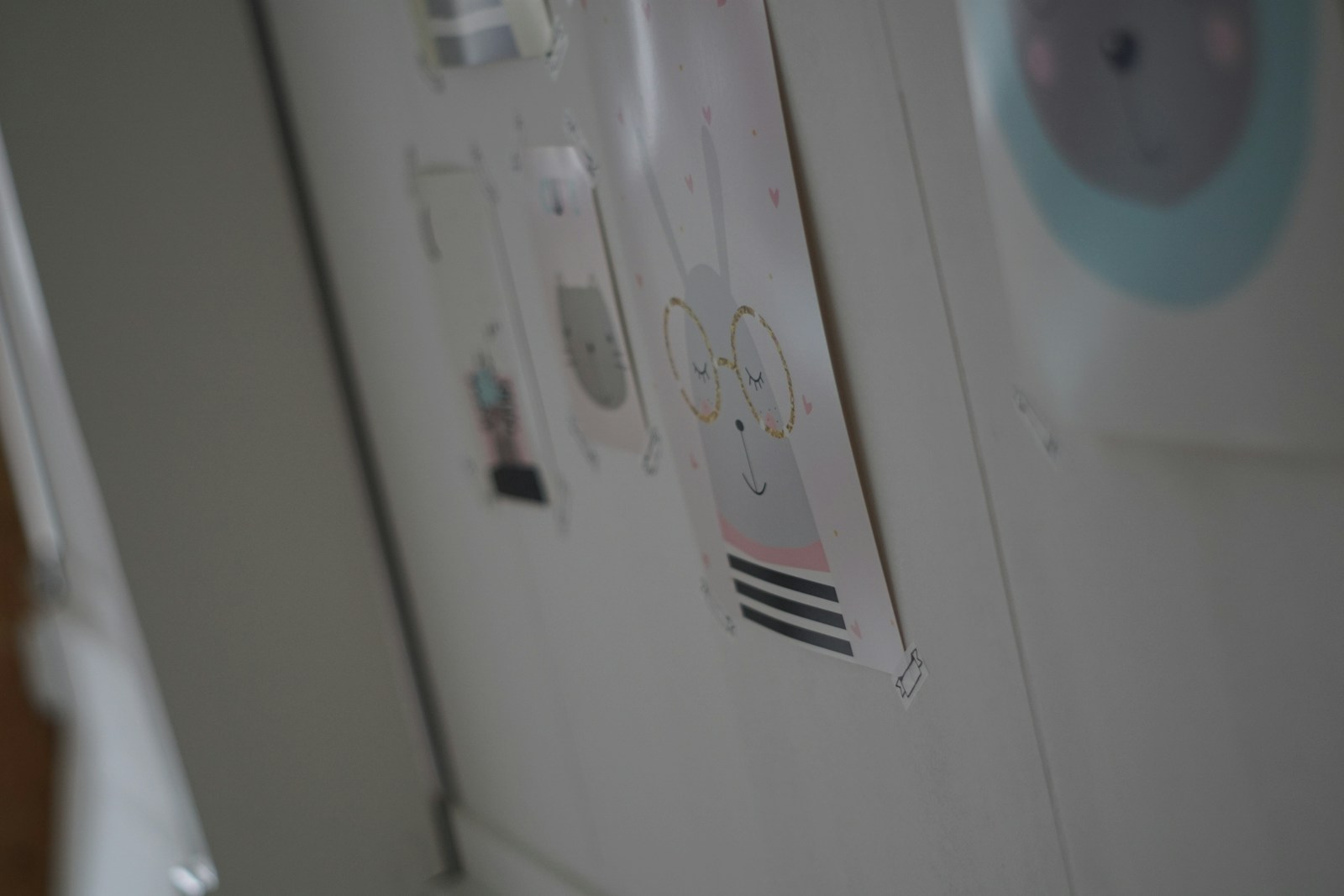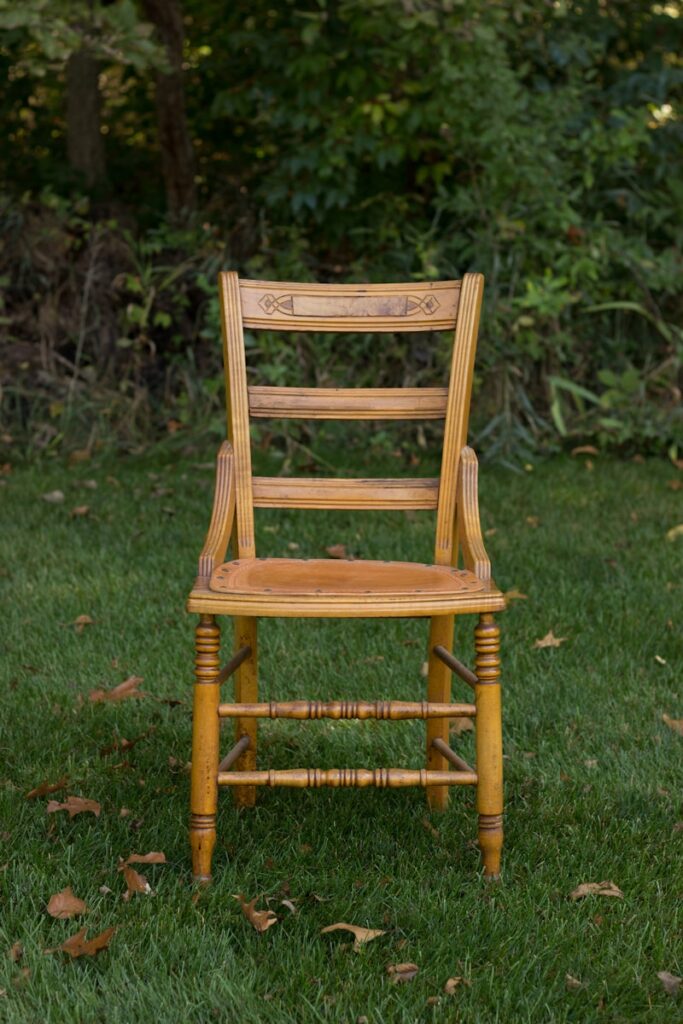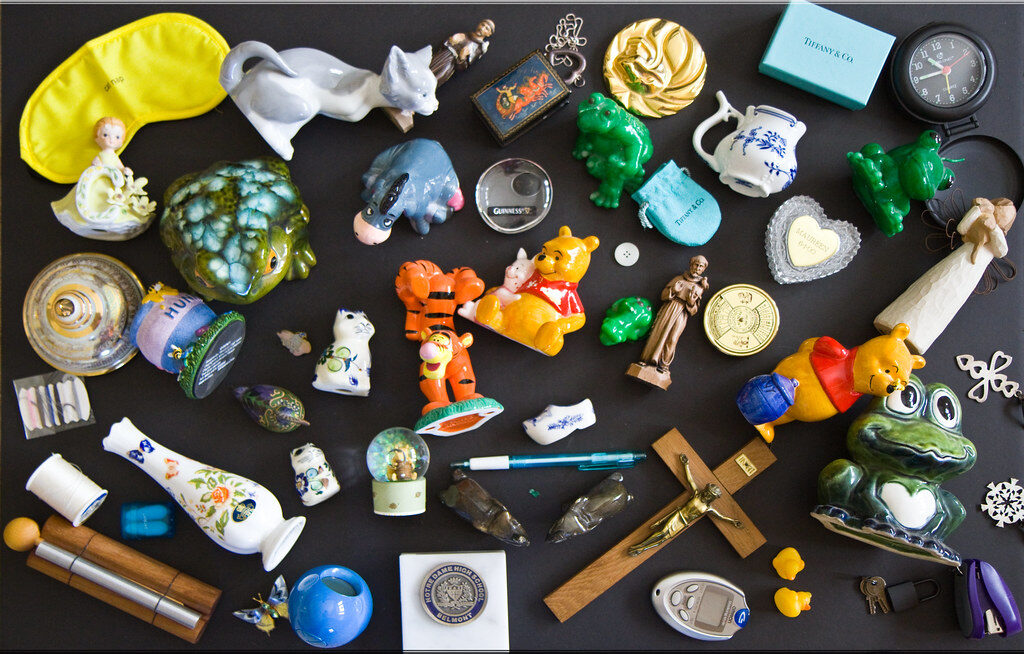Letting go of our belongings can be far more emotional than we realize. For some, cleaning out a closet or decluttering a drawer brings relief, while for others, it can trigger anxiety or sadness. The struggle to discard things often runs deeper than simple disorganization. Psychology reveals that our possessions can carry emotional, nostalgic, or even identity-related meanings. Understanding why we hold on to things helps create a more compassionate and realistic approach to decluttering. Below are 11 common reasons people find it difficult to throw things away and the deeper feelings often hidden behind this behavior.
1. Emotional Attachment

Many people form deep emotional connections with their belongings because they represent cherished memories or relationships. Throwing something away can feel like erasing a piece of one’s past. For example, a ticket stub from a first date or a gift from a loved one who passed away can carry immense sentimental value. The emotional comfort derived from these items can outweigh their practical usefulness. This attachment creates an invisible bond, making it challenging to part with possessions that hold meaning far beyond their physical form.
2. Fear of Regret

The fear of regret often prevents people from letting go of things they might need “someday.” This mindset, known as loss aversion, can lead to keeping items just in case a situation arises where they could be useful. People might imagine future scenarios where the discarded item would have been handy, fueling a cycle of uncertainty. Even when years pass without using the item, the fear of potential regret keeps it in storage. This fear is often rooted in anxiety and a desire to feel prepared for any possible situation.
3. Sentimental Value

Sentimental items connect us to meaningful times, people, and experiences. A child’s drawing, a wedding invitation, or a family heirloom can hold memories that feel irreplaceable. These objects act as emotional time capsules, preserving the feelings and moments attached to them. Letting go can feel like betraying those memories or forgetting the joy they once brought. The stronger the emotion tied to the object, the harder it becomes to release it, even if it has no practical use in daily life. Sentimental value turns simple items into powerful emotional anchors.
4. Identity and Self-Expression

Our possessions often reflect who we are or who we aspire to be. A closet full of professional clothes may symbolize ambition, while a collection of art supplies may represent creativity. Discarding these items can feel like discarding a part of one’s identity. People may also keep things that once defined them, even if their lifestyle or interests have changed. This emotional tie between identity and possessions can make decluttering feel like a personal loss rather than a simple act of cleaning, creating a deeper resistance to letting go.
5. Guilt Over Waste

Guilt plays a strong role in holding on to unnecessary items. Many people feel uncomfortable throwing away things that are still functional or valuable, believing it would be wasteful. This feeling can be intensified by financial concerns or environmental awareness. The thought of wasting money or contributing to pollution creates hesitation, even when the item is no longer useful. Some individuals try to justify keeping things by imagining future uses, which delays decision-making. Over time, guilt becomes an emotional barrier that turns clutter into a constant reminder of perceived irresponsibility.
6. Perfectionism

Perfectionists often struggle to make quick decluttering decisions because they want to do it “the right way.” They may overthink whether an item should be donated, recycled, or kept for a specific purpose. This desire for perfection leads to indecision, which can snowball into clutter. Some perfectionists also keep things because they believe they might repair or repurpose them someday. The fear of making the wrong choice keeps them stuck. Ultimately, perfectionism transforms decluttering into a stressful process rather than a liberating one, making it hard to take decisive action.
7. Anxiety and Control

For some, holding onto possessions offers a sense of control in an unpredictable world. Belongings can act as a source of comfort and stability during times of stress. When life feels uncertain, people may cling to their things as a way to feel secure. Discarding items might trigger anxiety because it feels like losing that sense of safety. This behavior often emerges in individuals who have experienced loss or instability. Keeping objects provides emotional reassurance, even when the clutter becomes overwhelming or starts to interfere with daily living.
8. Learned Behavior

The tendency to hold onto things is often passed down through generations. Growing up in a household where items were rarely thrown away can normalize the habit of saving everything. Parents who lived through hardship or scarcity may have taught that discarding items is wasteful or irresponsible. These learned values can influence how people manage their own belongings as adults. The emotional lessons from childhood linger subconsciously, making decluttering feel wrong or uncomfortable. Breaking this learned pattern requires recognizing it as a habit rather than a moral obligation.
9. Sentimentality Toward Gifts

Gifts carry emotional significance because they represent someone’s thoughtfulness or affection. Discarding them can feel like rejecting the person who gave them. Even when a gift no longer suits one’s taste or needs, people may feel compelled to keep it out of guilt or respect. This sense of obligation can lead to accumulating unused items over time. People often forget that the value of a gift lies in the gesture, not the object itself. Learning to separate the emotional meaning from the physical item can make it easier to let go.
10. Overwhelm

Decluttering can feel overwhelming, especially when faced with a large amount of accumulated possessions. The sheer volume of decisions required can lead to mental fatigue and avoidance. Instead of tackling the task, people may procrastinate or give up altogether. This overwhelm can stem from perfectionism, emotional exhaustion, or a lack of organizational strategy. Breaking the process into smaller, manageable steps helps reduce stress. However, many struggle to start because they view the task as a single massive project rather than a gradual, achievable process.
11. Hoarding Tendencies

In more severe cases, difficulty letting go of possessions can be linked to hoarding disorder, a recognized mental health condition. People with hoarding tendencies experience intense distress at the thought of discarding items, often believing they hold unique value or will be needed in the future. Their belongings can accumulate to the point of interfering with daily life. This behavior is not about laziness but deep emotional and psychological struggles, often connected to trauma, anxiety, or loss. Professional therapy and support are essential for managing and overcoming these tendencies effectively.
Comments